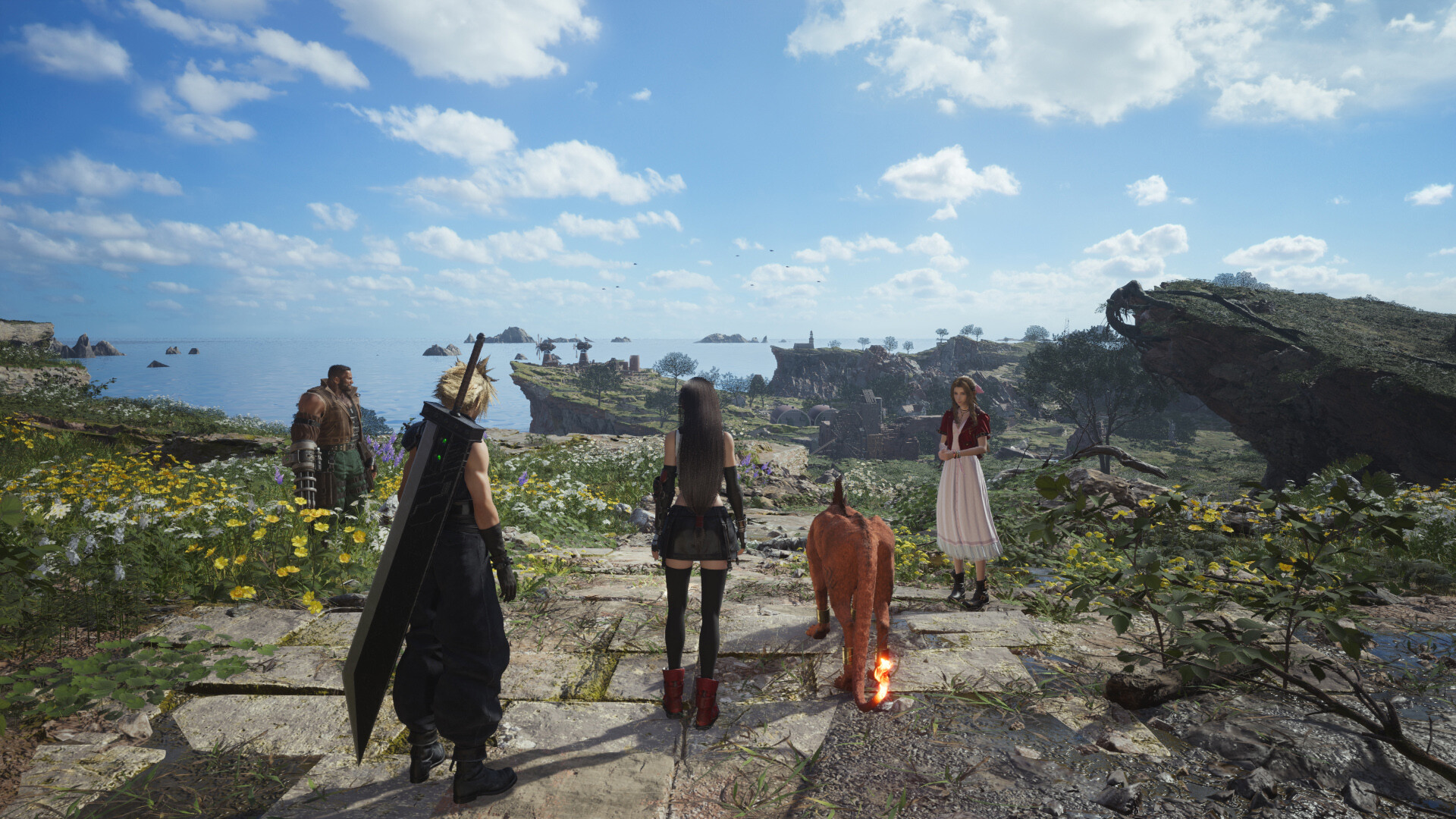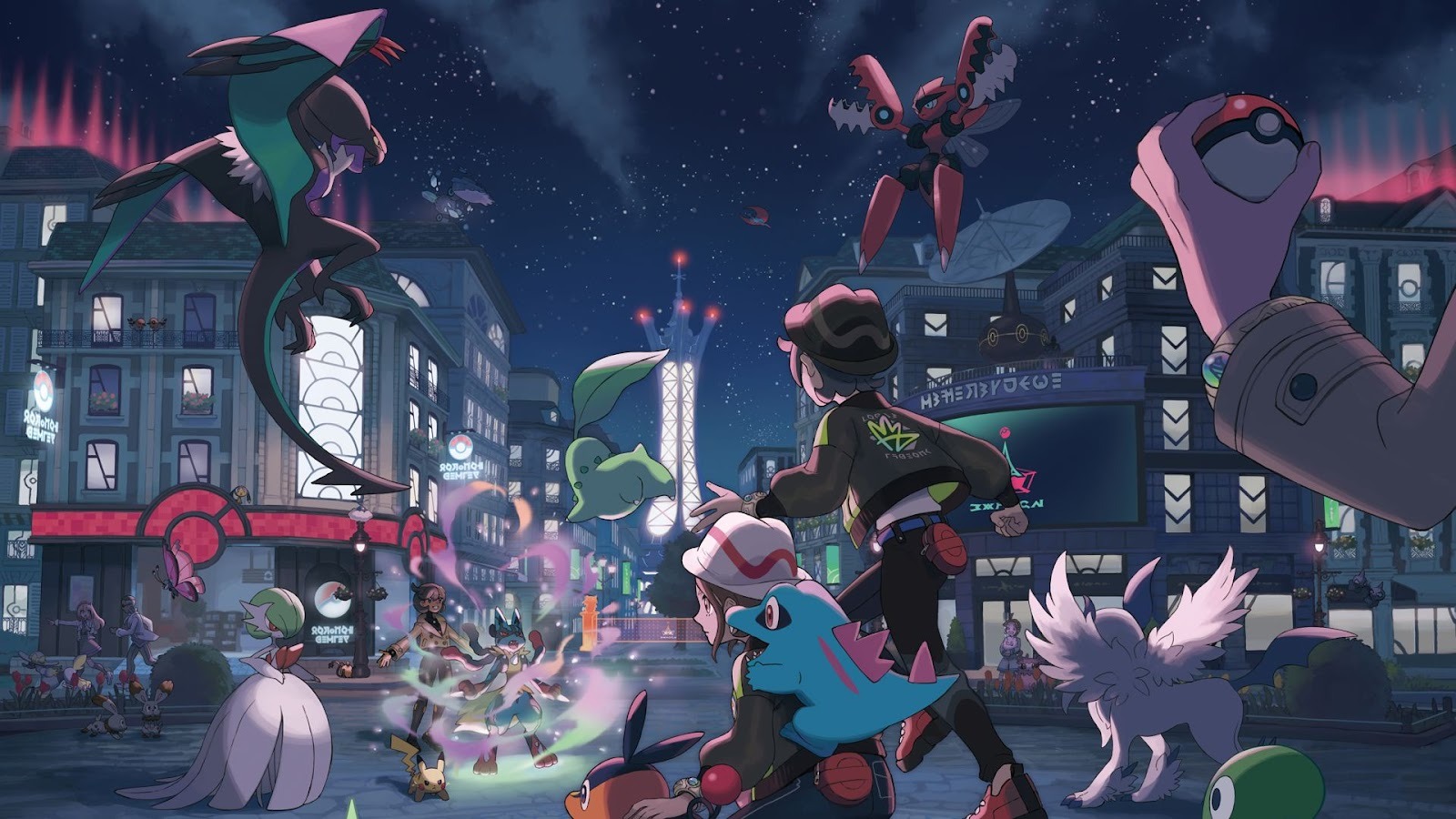You can trust VideoGamer. Our team of gaming experts spend hours testing and reviewing the latest games, to ensure you're reading the most comprehensive guide possible. Rest assured, all imagery and advice is unique and original. Check out how we test and review games here
Square Enix’s international studios are engaged in layoffs as part of what it calls its ‘3-year reboot for long-term growth’. These layoffs are the latest in what has become an abhorrently regular occurrence in the games industry, driven by publishers’ aims for wider profit margins (via VGC).
Almost 140 employees are at risk of losing jobs in the Square Enix London office alone. This includes staff across IT, marketing, publishing, sales, QA, and business planning, much of which is handled by its overseas studios for regions outside of Japan (most notably Square Enix Ltd in London and Square Enix Inc in California).
- Square Enix is reportedly laying off staff in overseas development studios as part of a three-year-long company-wide restructure.
- Layoffs may continue as a result of the company’s aim to automate 70% of QA and debugging tasks in game development by the end of 2027.
- This is evocative of previous attempts made by Square Enix and other video game publishers to increase profit margins by reducing human cost.
- Reducing staff at an equal rate forsakes their vision of quality over quantity.
- Creating a sustainable future for the industry begins with treating games like projects rather than property.
The price of redesign
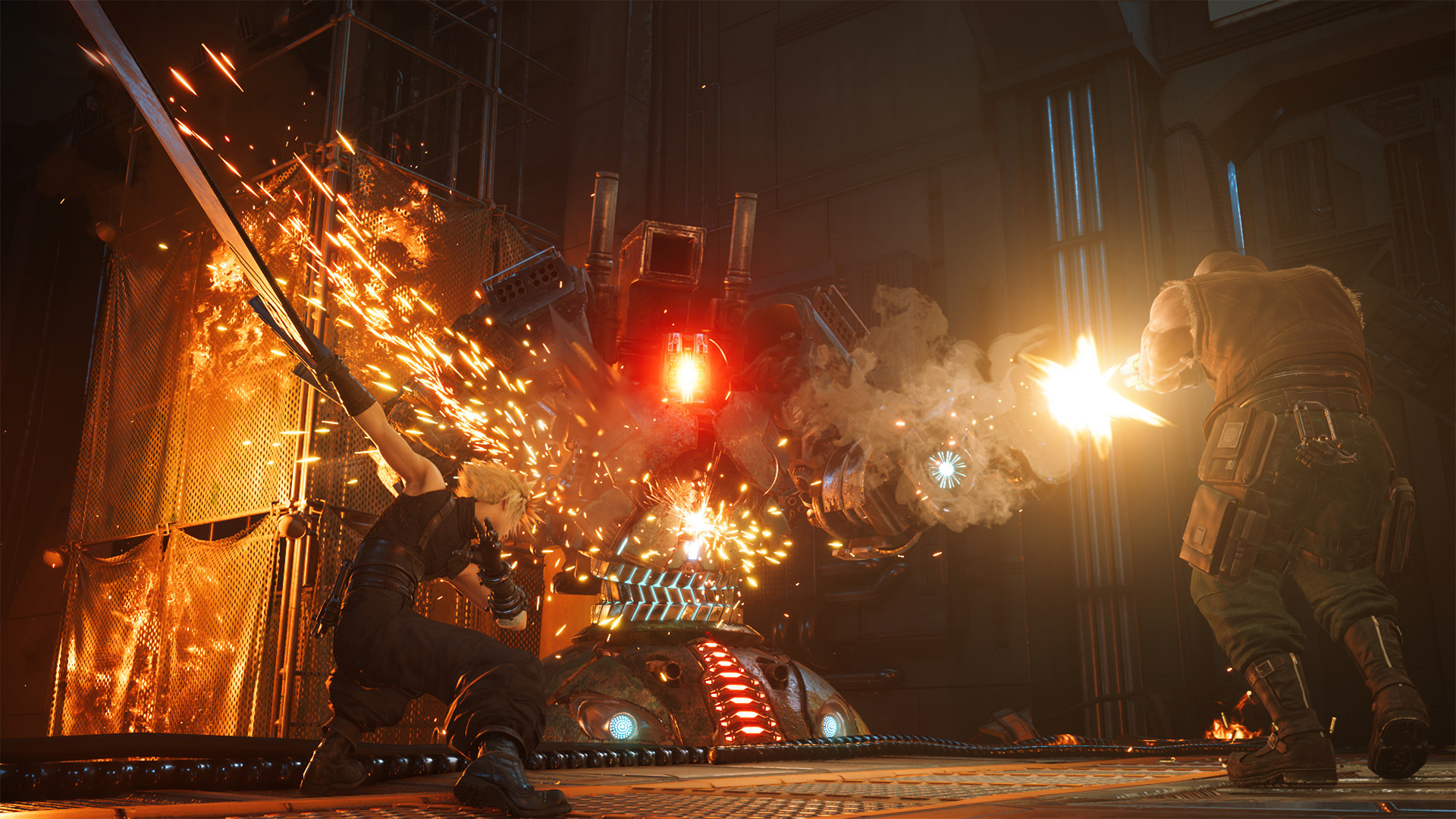
This report came just several hours after an update on the Square Enix Reboots and Awakens plan, a company-wide restructuring plan set to save over $19.3 million (£14.7 million) for the company annually, with an initial restructure cost of approximately $75.9 million (£57.7 million) expected by the end of March 2026.
This restructure aims to pivot the company towards releasing fewer, high-quality titles on a wider range of platforms in hopes of reaching a wider audience with each title, a plan that has seen the cancellation of multiple unannounced titles and layoffs across Square Enix’s international studios in 2024.
This strategy places far greater pressure to reach ever-increasing sales targets on upcoming titles such as the third part in the Final Fantasy 7 remake trilogy. However, as any financial advisor will tell you, putting all your eggs in too few baskets is often a recipe for disaster.
Should these high-quality titles struggle to meet ever-increasing sales expectations, Square Enix will become trapped in a loop of laying off more staff and selling IPs to other companies to keep executives happy.
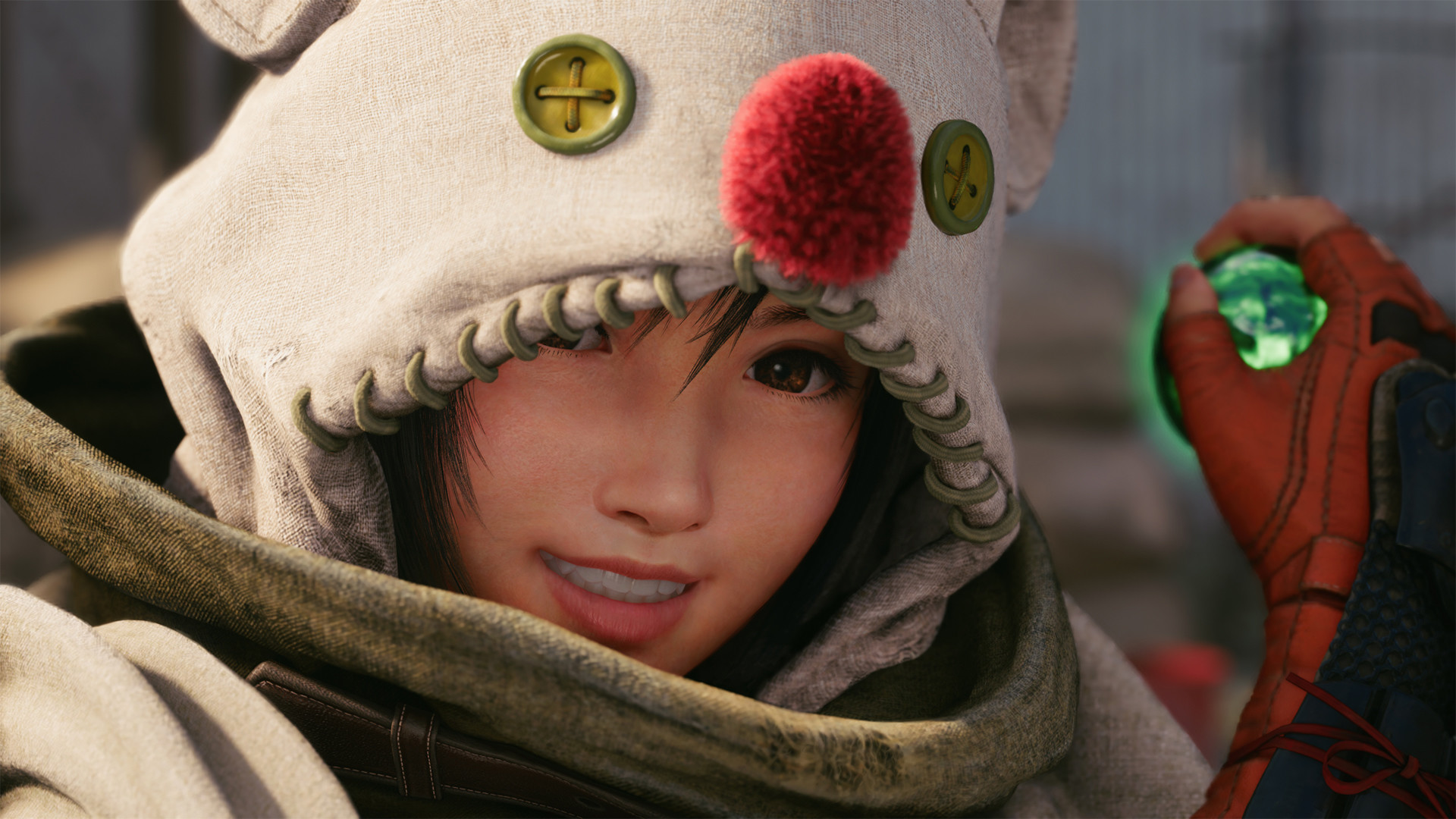
We already saw this back in 2022 with numerous sales of significant IPs to Swedish holding company Embracer Group. In this way, Square Enix is acting like a jilted landlord selling off burdensome property assets rather than a video games company. For some IPs, the cost of property maintenance is too high for those at the top. As usual, it’s the developers and staff suffering the layoffs who pay the price.
This assetization is what drives acquisitions and mergers across the industry as these companies aim to increase their assets over time. Layoffs and studio closures occur when these game development studios require additional time to produce what they see as the financial returns of owning these properties.
The world is theirs
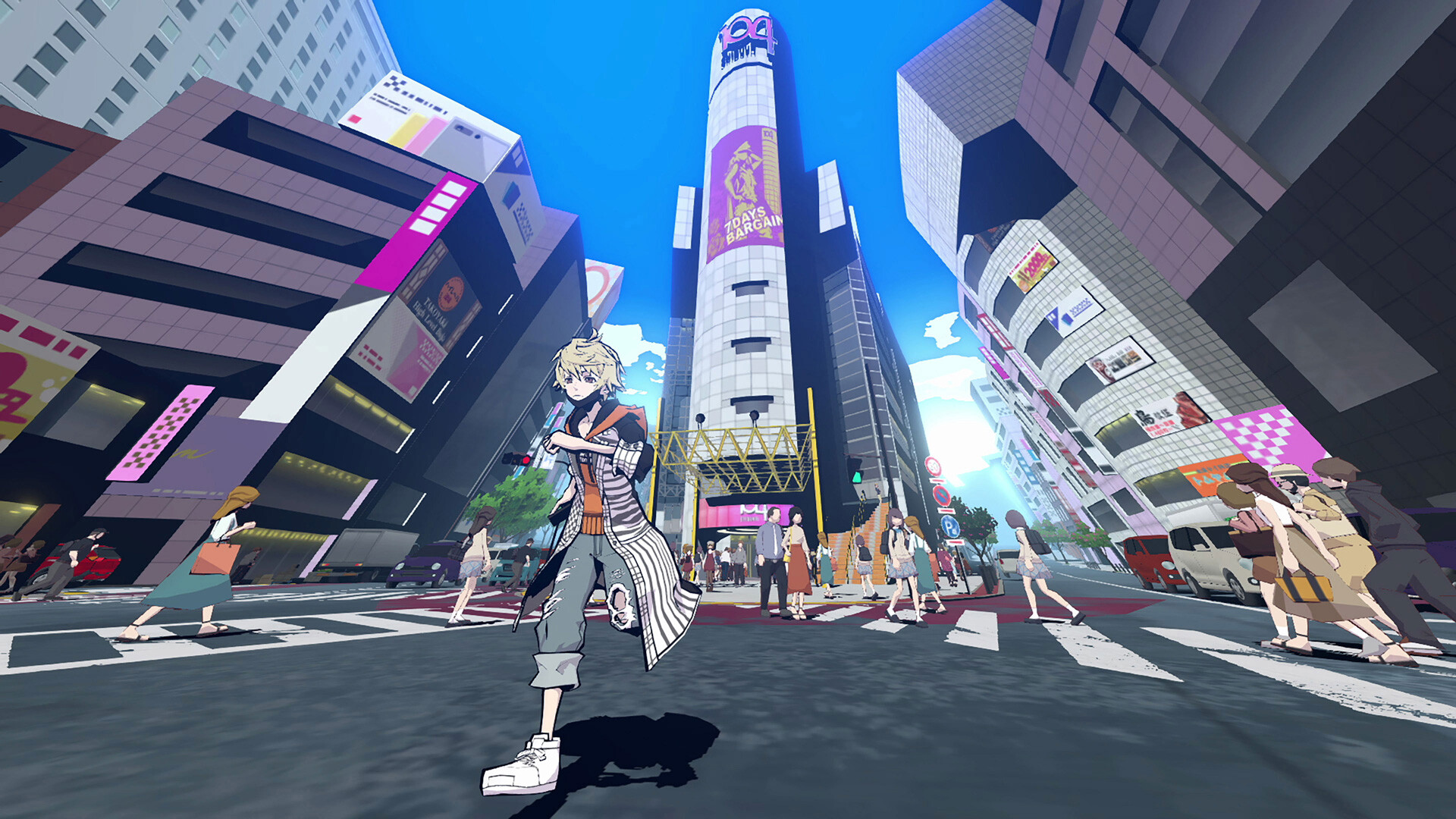
While Square Enix’s Japanese creative business units cover much of the development, overseas studios play crucial roles in reaching the overseas market by assisting with localisation, quality assurance, and community management, particularly outside of Japan.
Ironically, reducing the company’s quality control and community management capacities will likely damage the profitability of these large IPs in the long run. Square Enix is cutting corners to focus on a more streamlined portfolio in the short term. Jankier products with more poorly managed communities will only harm these IPs.
Square Enix seems keen to run its portfolio as if it were on the housing market, with companies offering development studios and IPs a comfortable place to live, only to purchase more properties to rent out, needing to increase rent as a result, and then closing or selling them on when they can’t pay in time. It’s a vicious cycle as old as the property market itself.
This landlord-like mindset that focuses on property acquisition and cash flow neglects how games are individual projects, with their own development costs, production timeframe, and intended audience.
Missing links
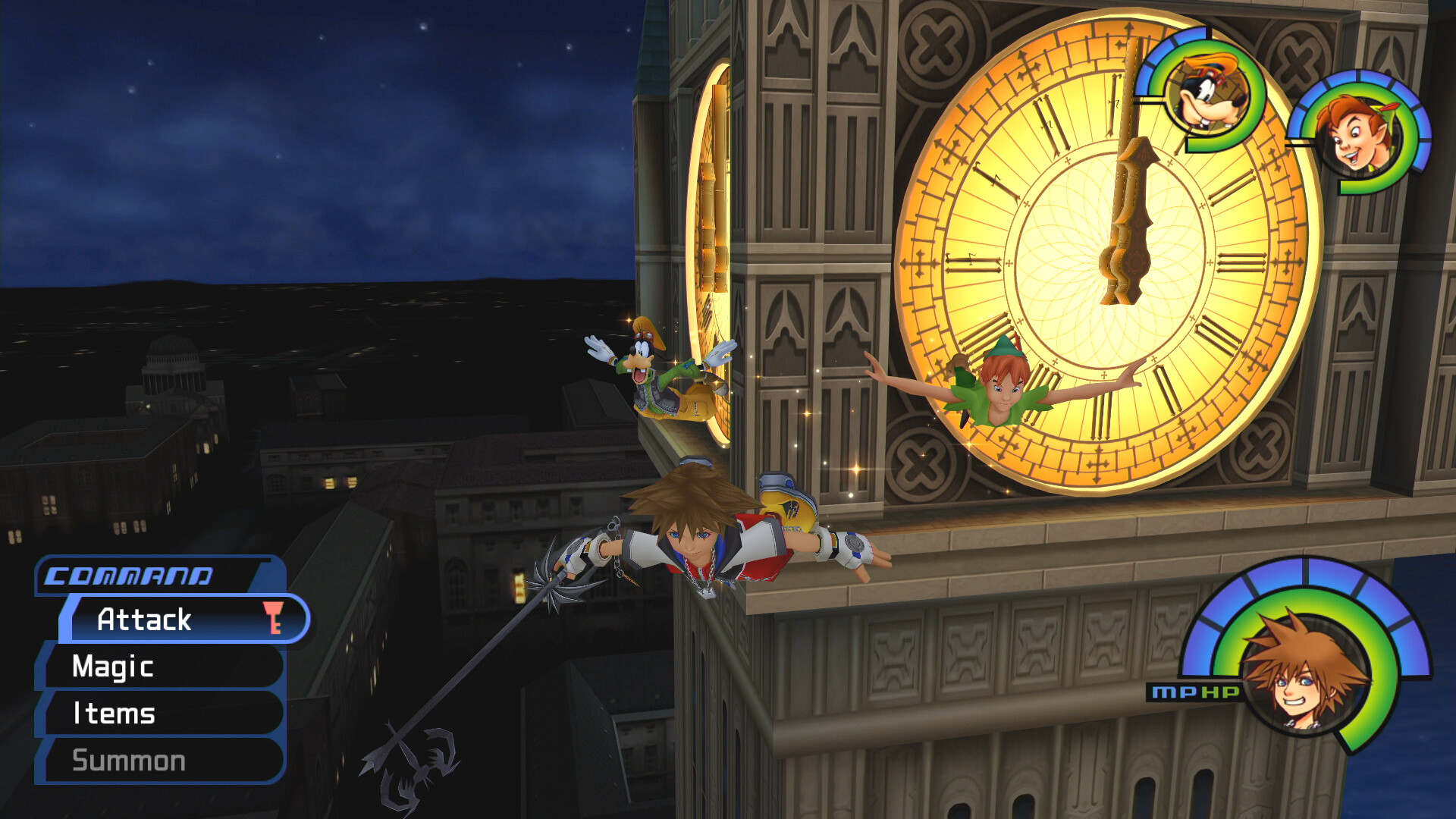
Square Enix argues that this “fundamental restructuring of the overseas publishing organisation is being implemented with the aim of further strengthening global publishing capabilities and improving operational efficiency.” However, this doesn’t consider the way that their global audience was built to begin with.
6.93 million of the 9.93 million copies of packaged and downloaded Square Enix games sold between April 1 to September 30, 2025, were from North America and Europe. This strong global audience is forged on the efforts of the very same community managers, marketing managers, and QA testers who have been made redundant or are at risk of losing their jobs.
The Square Enix Reboots and Awakens plan seems poised to cut corners for short-term profit at the expense of long-term concerns, while trampling over the livelihoods of staff being given the boot. The staff, customers, fans, and, hell, even the shareholders deserve better than this.
FAQs
Square Enix’s biggest title is the original Final Fantasy 7, which has sold 15.1 million copies worldwide (via Square Enix).
Square Enix is in the middle of a three-year-long restructuring program, which has now led to mass layoffs in its international studios.
Square Enix does support the LGBTQ+ community, demonstrated by events they host like the Final Fantasy XIV Fan Fest, which was welcoming for LGBTQ+ content creators and attendees.
Square Enix is best known for the Final Fantasy series, an anthology JRPG series known for its sci-fi and fantasy settings and turn-based combat.
